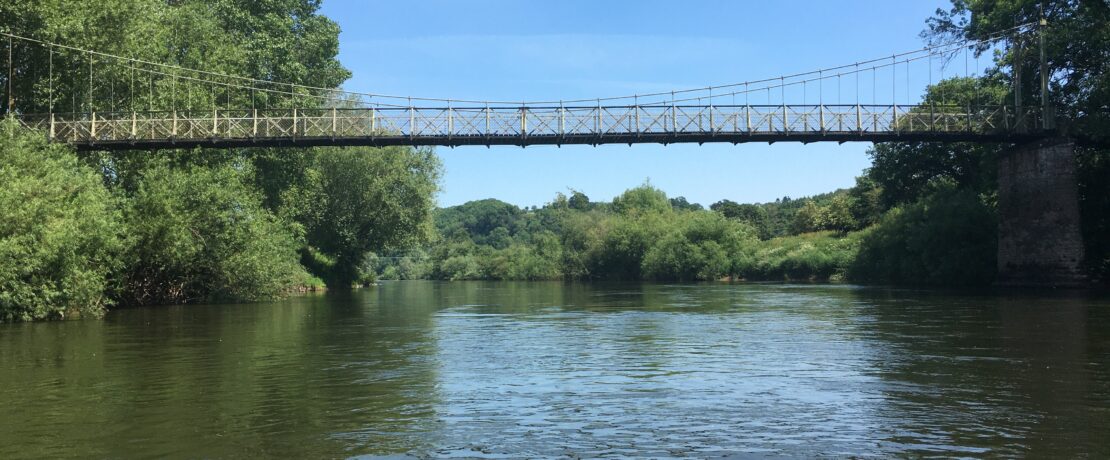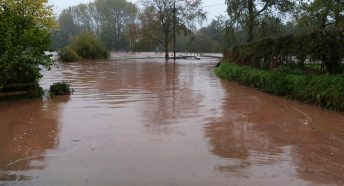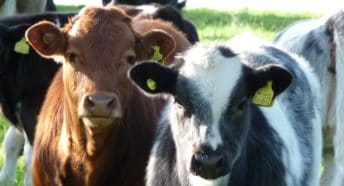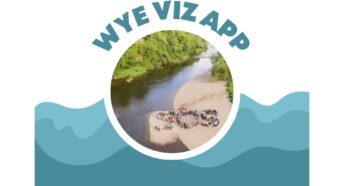Shocking report by Natural England downgrades River Wye health
Recently published report by Natural England downgrades health of the River Wye. From ‘un-favourable recovering’ to un-favourable declining’. And suggests a two year investigation to start in 2024. But the science says we only have two years left until parts of the river begin to die…
The recently published report by Natural England has downgraded the health of River Wye. From ‘un-favourable recovering’ to ‘un-favourable declining’. While we are pleased the report has finally been published. We find the message deeply worrying. The report has highlighted the known concerns about the health of our iconic river. But provides little immediate action to bring it back to health.
Report Findings:
The report looks at important indicators of the health of the river. Including salmon, crayfish and macrophytes (aquatic plants) numbers. All are declining along every part of the river. Sadly we were not surprised by these findings. What we are shocked by is the lack of urgency by National England. As highlighted in sections of the report below:
‘We do not yet fully understand all the reasons for these declines, further investigations are be conducted to build greater understanding…..
A full two year assessment is planned to commence in 2024….
Meanwhile, our area team is committed to working with local stakeholders, partners and landowners to improve the health of these rivers and for the species that depend on them. Much of this activity is focused on improving water quality, especially reducing phosphates, which we know is fundamental to the health of the river.’
Our thoughts:
We simply cannot wait until 2026 to begin the serious action required to save the river. Our Citizen Science project and the Environmental Agency have already been investigating. We have published data of the pollution levels found in the Wye (click here for more info). Which have scientifically proved 72% of pollution is from agricultural run off. Modern farming practices, including the use of fertilisers and pesticides, have a significant impact on the health of the river. So much phosphate rich fertilisers are being used time and again on our farm land. There is already enough phosphate in our soil to feed plants for another 5 to 8 years (full info here).
While the report highlights the need for farmers to adopt more sustainable practices. Such as reducing the use of fertilisers and encouraging the growth of natural vegetation along the riverbanks. It does little to help create the change required.
As we know, there are a number of additional factors that are contributing to the decline of the river. Including sewage, industrial waste, as well as the impact of the climate emergency on the river’s ecosystem. Further investigation of these areas would be beneficial. But with strong scientific evidence already showing the vast majority of pollution is from agriculture. Especially from the intensive poultry units increasingly found in Herefordshire. We must act now to make the changes required within the next two years to prevent the death of the Wye.
Conclusion:
The River Wye is one of the UK’s most important rivers and as such is a designated site of scientific special interest (SSSI), along with part of the River Lugg, called the ‘River Wye Special Are of Conservation’. As an SSSI it should receive the highest level of protection. This report should serve as a wake-up call, highlighting the urgent need for action to be taken to address the factors contributing to the river’s decline. There is much work to be done right now to ensure the long-term health of the River Wye. Such as increased investment in the management of the river and the adoption of more sustainable practices by farmers and others who contribute to the rivers decline. In addition better collaboration between government agencies, businesses, and local communities is also required to successfully save the river.
We urge National England not to kick the can down the road but to act today, before it is too late! To visit their website and contact them directly to urge an increased response to save the river, click here.









